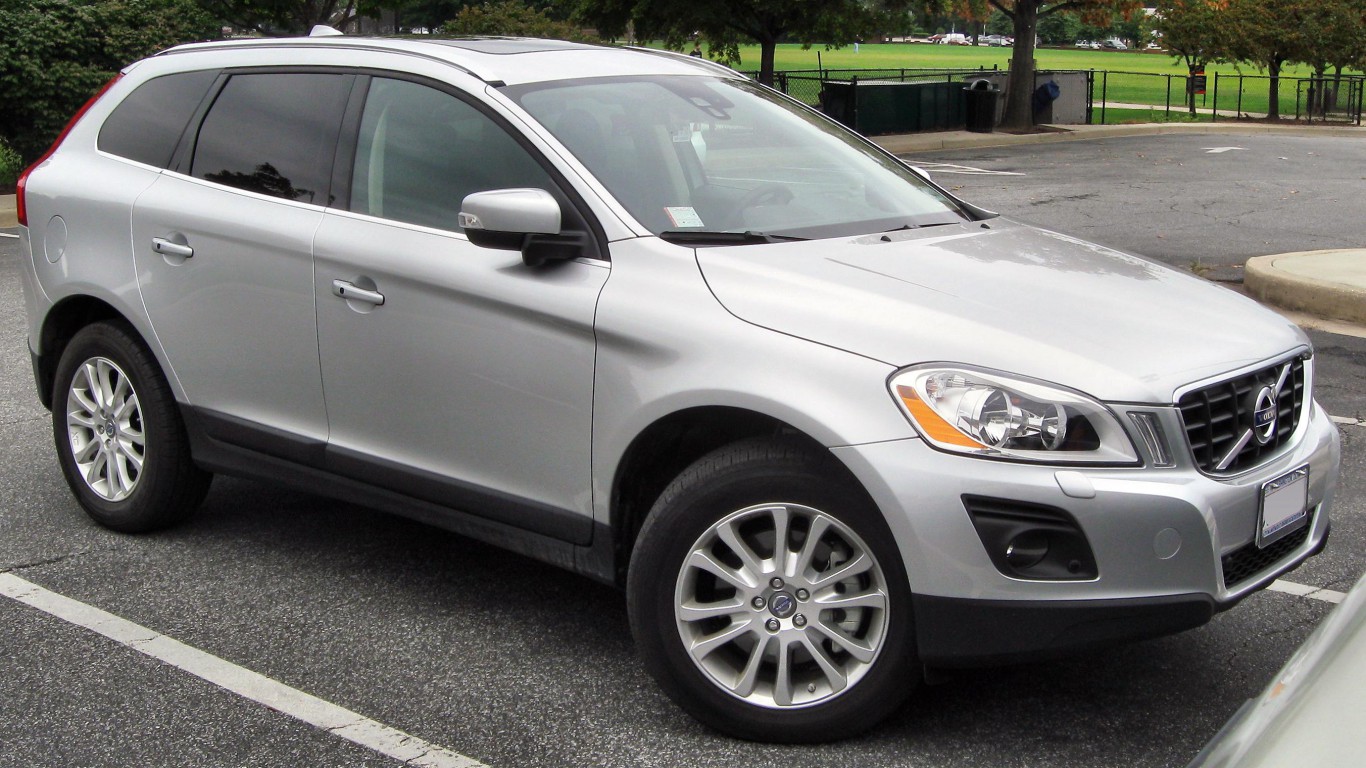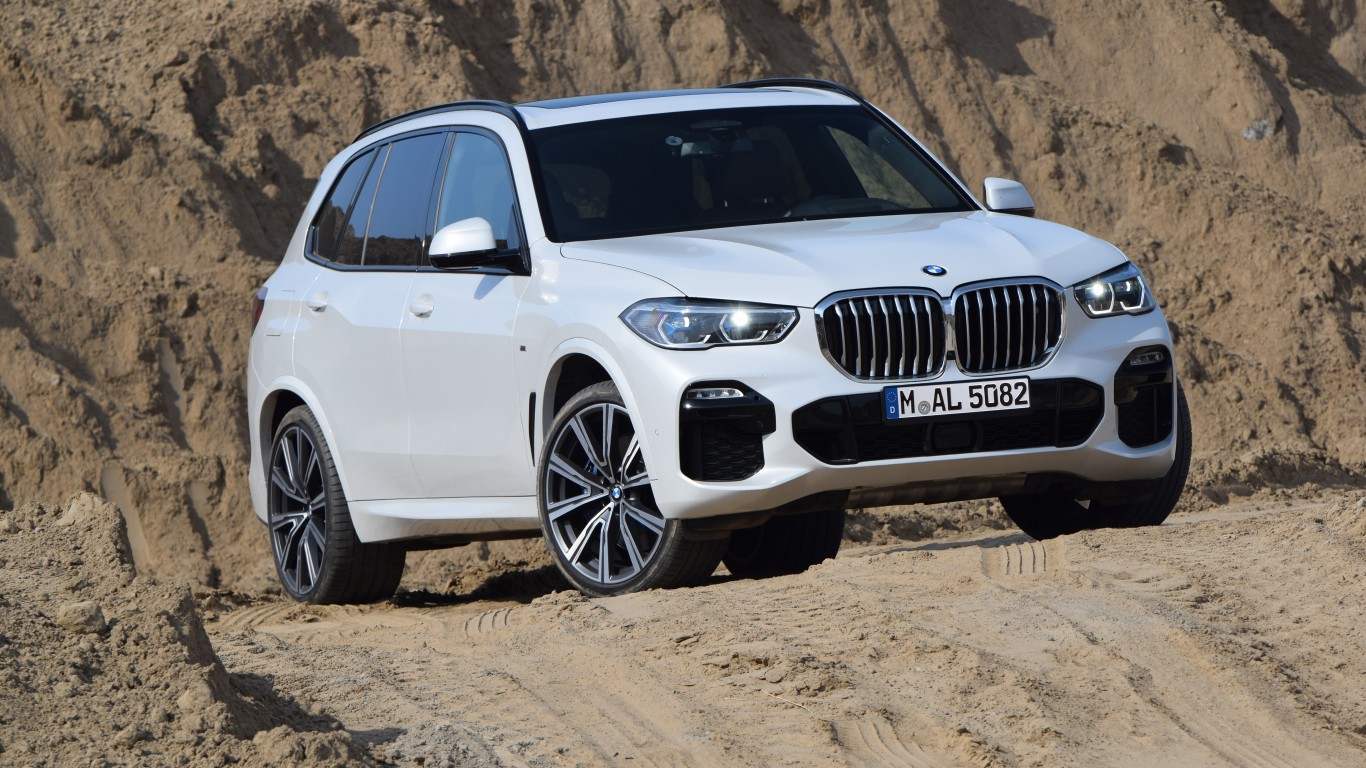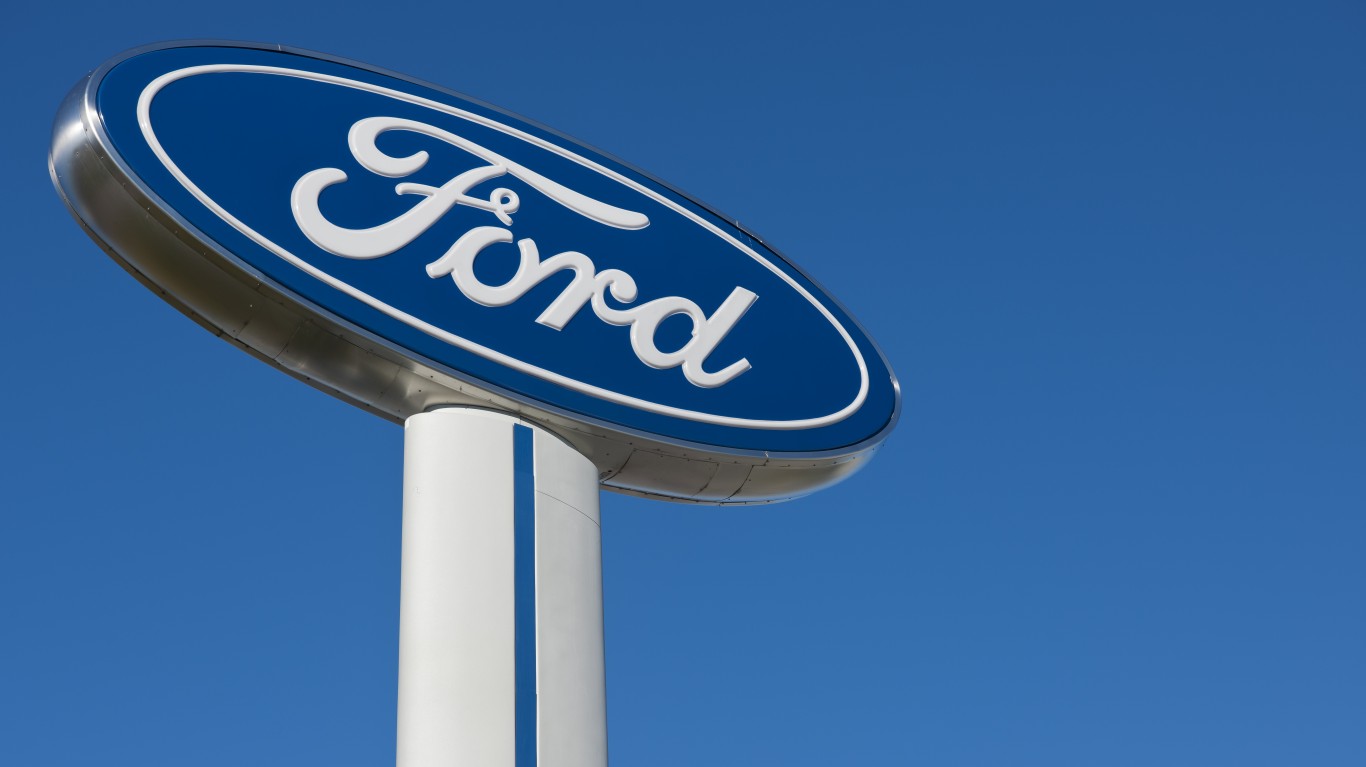
Volvo said Monday that beginning with model year 2021, it will limit the top speed in all its cars to 180 kilometers per hour (112 mph). The announcement aligns with Volvo’s Vision 2020 program that aims to see that no new Volvo car is involved in a crash that results in serious injury or death.
It is not clear from the announcement whether the speed restriction also will apply to the company’s Polestar all-electric cars and whether the restriction will be applied only in the United States or include other nations as well. Volvo is owned by China’s Geeley Holding Group.
Volvo’s CEO and president, Håkan Samuelsson, emphasized Volvo’s long history of auto safety:
Volvo is a leader in safety: we always have been and we always will be. Because of our research we know where the problem areas are when it comes to ending serious injuries and fatalities in our cars. And while a speed limitation is not a cure-all, it’s worth doing if we can even save one life.
The company also said that in addition to limiting the top speed of its new cars, Volvo is also looking at “how a combination of smart speed control and geofencing technology could automatically limit speeds around schools and hospitals.” That’s a thornier issue because it would have to be taken up by all carmakers and enacted in federal, state and local driving codes. Volvo also noted that above certain speeds, the safety equipment in the cars is not, by itself, enough to avoid severe injuries and death in a crash.
In 2016, the last year for which data are available, the National Highway Traffic Safety Administration reported that a total of 37,461 Americans died in 34,439 fatal car crashes. In 18% of the crashes, drivers were speeding and 27% (10,111) of the fatalities involved at least one speeding driver.
More than a third (37%) all drivers involved in a speeding-related fatality were also legally drunk. Half of U.S. drivers involved in speeding crashes were not wearing seat belts at the time of the crash.
Volvo’s total U.S. sales in 2018 reached 98,263 units, an increase of more than 20% from the company’s 2017 sales. The brand has run into some reliability problems, however.
Late last year, Volvo opened a manufacturing plant in Charleston, South Carolina, joining two plants in Europe and three in China. The company also has engine and assembly plants in Europe, China, India and Malaysia.
Are You Ahead, or Behind on Retirement?
If you’re one of the over 4 Million Americans set to retire this year, you may want to pay attention. Many people have worked their whole lives preparing to retire without ever knowing the answer to the most important question: am I ahead, or behind on my goals?
Don’t make the same mistake. It’s an easy question to answer. A quick conversation with a financial advisor can help you unpack your savings, spending, and goals for your money. With Zoe Financial’s free matching tool, you can connect with trusted financial advisors in minutes.
Why wait? Click here to get started today!
Thank you for reading! Have some feedback for us?
Contact the 24/7 Wall St. editorial team.
 24/7 Wall St.
24/7 Wall St.



